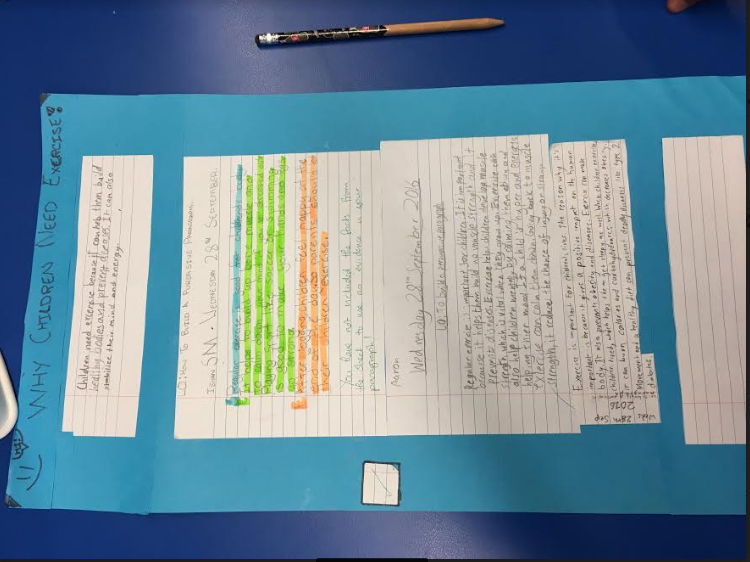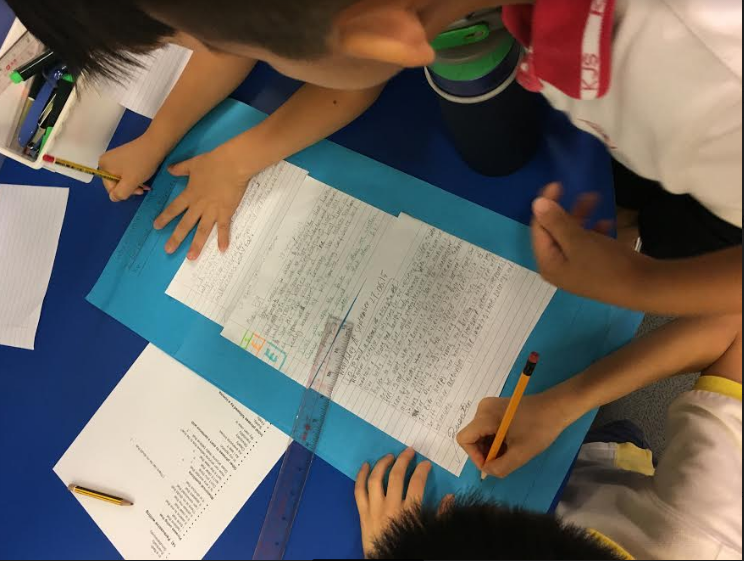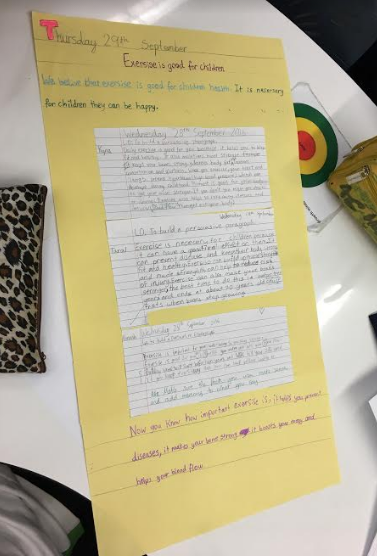Yr5 Weekly Update – 30/9/16
Central Idea: Children have rights and responsibilities that can look different
As this is the last week of our current Unit of Inquiry the students have been busy researching and planning how to present their learning to show their understanding of the Central Idea. The students chose a right they were particularly interested in and looked at a series of pictures that showed how access to that right looks different around the world. After viewing the images students completed another Claim, Support, Question sheet to identify what they thought the pictures as a group were telling them about the right, what evidence they saw to support their idea and then what questions this prompted. From this work students then chose two images to inquire into more deeply by comparing the pictures to identify similarities and differences and then trying to find out why the access to the right is different. Students were able to choose how they wanted to present their learning, some chose to depict the differences through clay models, others through a split screen picture whilst a Venn diagram was the preferred option for others. Along with this work the students have also reflected on the skills and dispositions we have focused on during the unit to say what they felt they had improved and how they had achieved this as well as identifying a skill and disposition they wanted to continue to work on. The students also gave us some valuable feedback on the unit that we will be able to use to help us make improvements to the unit for next year’s children.
Literacy
This week we have continued our focus on using the context to help work out unknown words. Many students have found being able to spot the key words that provide clues to the word’s meaning very challenging and would definitely benefit from further practise in this strategy whilst reading at home.
We have also been developing our understanding of persuasive texts and have focused on organising our writing using paragraphs. We have used the SEE planning strategy to ensure each paragraph has sufficient detail in it to convince the audience that our point of view is valid. Using the information from our LEAP cyber safety presentation last week, we have written a text to persuade parents that their young children should not use the internet without supervision. The students are now planning and writing their own text to persuade children to exercise regularly.
Maths
This week we have begun a unit of work on shape and space. The students completed a pre-assessment to show us what they already understand about the form of shapes (their properties), how shapes can change and how 2D shapes connect to 3D objects. They also identified from the key mathematical vocabulary that we will be using the ones they did not know. Using this information the students have been working on creating a glossary to explain these key words by finding out what the words mean, finding synonyms and antonyms for them, drawing the meaning and giving examples of the word in everyday life. This has provoked a lot of discussion which has strengthened the students’ understanding of many aspects of shape which they will be able to build upon as we explore them further.
Other news
Next week we will be completing the ISA assessments in reading, writing and mathematical literacy.
We are beginning our Unit of Inquiry on How We Express Ourselves next week which will continue for four weeks after the half-term holiday. Our focus is on how media is used to influence different audiences. We were wondering if there were any of our parents who are involved in media and more specifically advertising who would be able to share their expertise with the students. If you would like to come in please contact your child’s class teacher. Thank you!
Homework
- Twenty minutes daily reading;
- Look at an object and discuss what 3D shapes combine to make it e.g. a table has a cuboid and four cylinders. What 2D shapes are used to create the 3D ones?
- Collect different examples of advertising to bring in to school.


Using the SEE strategy to collaboratively plan a persuasive text on exercising more

The final persuasive text


